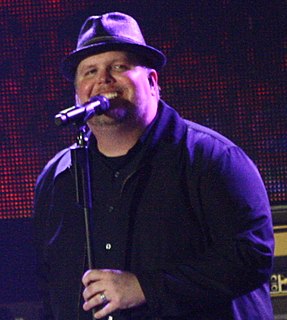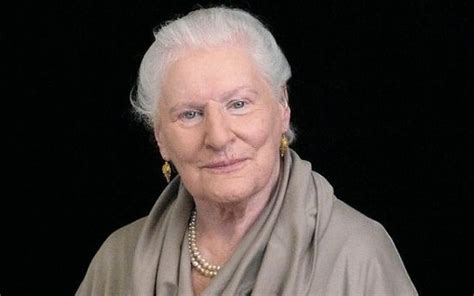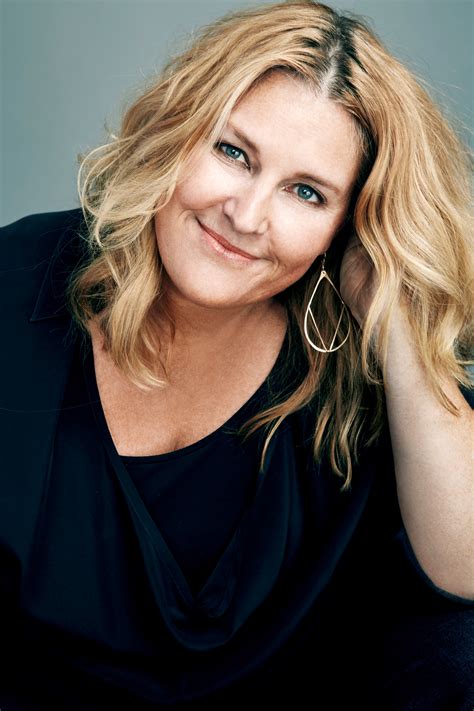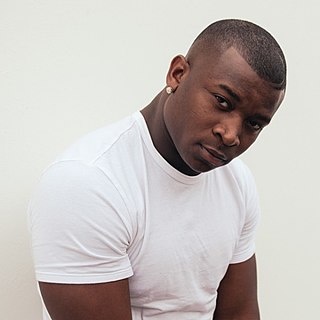A Quote by John Green
I wanted to, you know, get my story out in the world, which, it turns out, is a very misguided notion.
Related Quotes
I think you get the most honest performances when an actor shows up to set with their lines memorized. That's a very important thing that a lot of people seem to forget. You have a pre-conceived notion of what you want the scene to be, but once you get there, that goes out the window and it turns out to be a way that you never imagined.
None of our films look alike, we are very dialectical in our approach to each one, and 'Hoop Dreams' was no exception. That's what I love about documentary filmmaking, we never know where the story is going, we don't know what is going to happen next, and we're inside a culture of people that you have to figure out in many ways. It's a relationship between what you thought might have been the story, and what happens in the 'field.' Out of that comes the story, which was exactly what happened with 'Hoop Dreams.'
You don't always have to go so far as to murder your darlings – those turns of phrase or images of which you felt extra proud when they appeared on the page – but go back and look at them with a very beady eye. Almost always it turns out that they'd be better dead. (Not every little twinge of satisfaction is suspect – it's the ones which amount to a sort of smug glee you must watch out for.
There was a way that I approached that with the art department and the background players, which was that I didn't want people to have stepped out of a catalogue. This is not a world of perfect beauty. I wanted it to be the real world of the 1960s. I know that some women walked out of the house without lipstick.
One day at Princeton, I noticed there were dead birds on the pavement between the campus buildings, where very large trees were. It turns out it was DDT. At the time, in the early '50s, no one thought DDT was dangerous to anybody but insects. I went down to the Daily Princetonian, the college paper, and tried to persuade them to do a story. They said, "Naw, there's nothing wrong." But that taught me a very important lesson. One, that newspaper people can get very jaded. Second, that you might know something, like an expert chemistry professor, you are not going to apply what you know.
There are a couple of writers I admired who were very good at giving the character's emotion without stating what that emotion was. Not saying "He was feeling tense," instead saying, "His hand squeezed harder on the chair arm," as if staying outside the guy. I wanted to try doing that. I wanted to have a really emotional story in which the characters' emotions are never straight - out told to you, but you get it.
After three years down here, I've not learned too much. But one thing I do know is that our bellies aren't big enough for revenge. It turns sour and eats you up. We'll get out, but we'll get out for the sun, the moon, and mothers, not for small-souled enemies, though we'll deal with them when we get there.
You do a film and you have hopes for it, and you read it, and you see it one way in your head, and you shoot it, and it'll always change from what you started out. Sometimes it turns out better, sometimes it turns out; I don't know, but as movies go I've never experienced seeing and likening what I've read, and I liked what I read.
I put out 'Rhythm & Bricks,' which showed my versatility, and I had a lot of melodic songs on there, then I had a lot of street songs on there, and I just wanted to know what everybody wanted from me. I did put that out so that everybody could get a feel, so 'Cut It' just happened to come out of there.


































